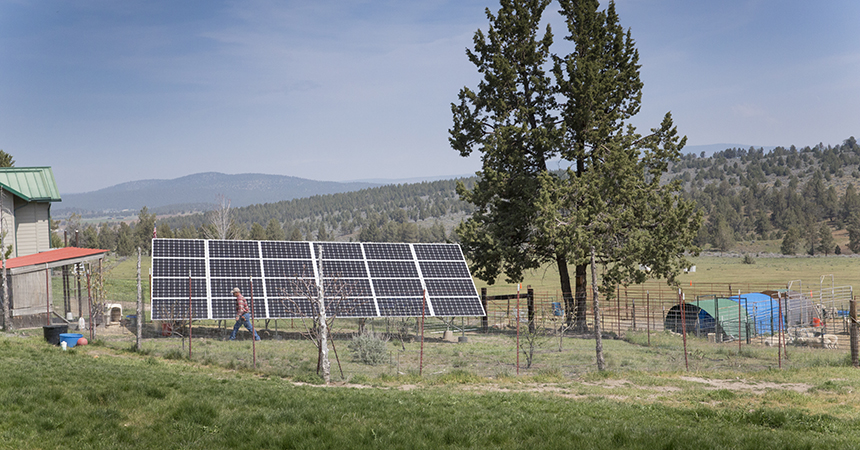
Rural residents on average spend 40% more than their urban counterparts on energy bills relative to income.
That’s according to a new report released last month about the benefits of energy efficiency for rural communities from American Council for an Energy-Efficient Economy.
Energy efficiency can help lessen these costs, often by making customers’ homes more energy efficient. According to the report, energy efficiency can alleviate up to 25% of a household’s energy burden, saving up to $400 a year per household.
The report explores ways states are driving rural energy and utility bill savings, such as using public dollars to leverage private capital, coordinating statewide on rural energy-efficiency programs and enacting equity-based incentives.
One example highlighted was Oregon’s model of delivering energy-efficiency programs through Energy Trust and evaluating its performance on certain diversity, equity and inclusion performance measures, including participation in rural communities.
The report notes Oregon regulators are “advancing rural energy efficiency by using geographic and demographic performance metrics—including program-specific targets—to determine (Energy Trust’s) success… Its goals include expanding efficiency offerings for small and medium-sized rural businesses. In this way, it can focus on programmatic considerations unique to specific customer segments.”
Coinciding with the release of its report, ACEEE hosted a webcast with a panel of state policymakers to share approaches to support rural energy goals. Among them was Oregon Public Utility Commission’s Anna Kim, who talked about Energy Trust’s work in rural communities.
“Energy Trust doesn’t stop at findings—they’re all about the implementation,” said Kim, noting each community is unique and learning how to work with specific communities will “teach us how to identify and embrace the priorities of each community we work with.”
She discussed a recent online workshop Energy Trust hosted for residents of Umatilla to learn about priorities and opportunities for people in rural Eastern Oregon. Energy Trust staff with use lesson from the workshop—including the importance of bilingual engagement in diverse communities and partnerships with local leaders—in future outreach efforts to connect with customers.
Energy Trust has outreach staff based throughout the state who live and work in the communities they serve. Learn more about how Energy Trust supports community energy goals.
